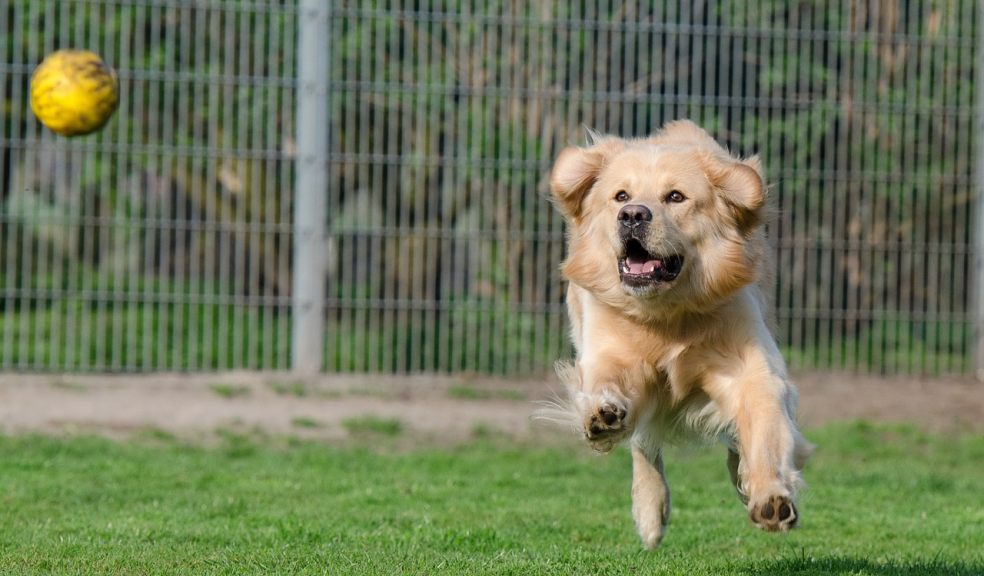
Who’s looking after your dog this winter?
This winter, East Devon District Council’s Environmental Health team has been working hard helping people and businesses who care for dogs and cats to comply with new animal welfare legislation, which came into force on 1 October 2018.
The legislation has been brought in to improve animal welfare standards, for example for dogs and cats being looked after in boarding facilities. The regulations also update controls governing dog breeding, pet sales and riding establishments. All premises to which the regulations apply will receive new licences by September 2019 and many have already been inspected.
East Devon District Council welcomes the new legislation as the regulations are all designed to ensure that the highest standards of animal care are given. Environmental Health Officers have helped small businesses comply and are always available to give advice to proprietors and pet owners. Any businesses who do not meet the required standards will be advised on the improvements they must make. A star rating has now been introduced and all premises with high standards will be awarded between three and five stars.
Many people leave their dogs and cats with carers for the day and overnight while they are at work or on holiday. The team encourage the use of home boarders and similar facilities as many dogs benefit from the interaction with other dogs and people. This helps them become more sociable generally, but owners must make sure that their pets will be safe.
Most people who run dog boarding businesses have the required licences and meet high standards, but unfortunately a few do not. East Devon Environmental Health officers therefore recommend that anyone considering leaving their dogs or cats in a boarding facility use the following golden rules before booking a place:
• Make sure that you see the current local authority licence for the premises.
• Make sure that you see the current insurance certificate.
• Ask to look around the premises while it is in use – you want to be able to see where your dog or cat will be looked after. If this request is refused you might want to consider whether the premises is the right place for your pet.
• Check that the staff caring for your pet are trained and, preferably, qualified.
• We all hope that pets will be well looked after and return to their owners in a happy and healthy condition. However, if you have any concerns about a boarding facility or any queries about boarding a pet, please get in touch with the council’s Environmental Health team, for advice and help. You can also contact the team if anything has happened to your dog or cat while being cared for at a boarding facility. This not only helps you but may just prevent someone else’s pet being harmed or injured.
Councillor Tom Wright, East Devon District Council’s Environment portfolio holder, who is himself a dog owner, said: “The council considers the health, safety and well-being of animals left in the care of others to be paramount. Our officers are well trained and experienced, visiting both dog and cat boarding premises throughout the year and encouraging the highest standards of good practice and consistency. These new regulations assist our officers in continuing to make the right, reasonable, decisions about the conditions on the licences of anyone charged with looking after pets for payment. Having been a dog owner for many years I am reassured that when I leave my pet with a kennel or similar facility in East Devon, that business will have been properly checked and monitored.”
Janet Wallace, East Devon District Council’s Principal Environmental Health Officer, said: “The council encourages dog owners to use day care or home boarding as an alternative to dogs being left alone for long periods, but recommends that everyone should make sure that the facility is right for their pet. We suggest that owners visit the premises and arrange to view the facilities while they are open and caring for dogs, just as they would when selecting a nursery for their children. In this way customers can see exactly the way in which their dogs will be cared for, and we would expect all licensed premises to be happy to show customers around.”
For further information visit www.eastdevon.gov.uk/dogs or to contact the East Devon Environmental Health team, please email: environmentalhealth@eastdevon.gov.uk or call 01395 571517














